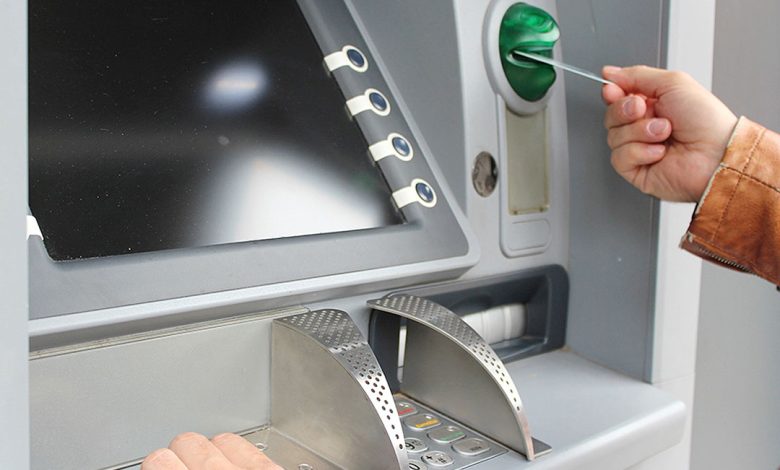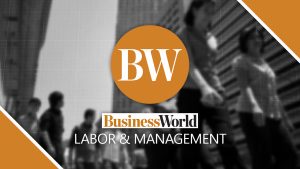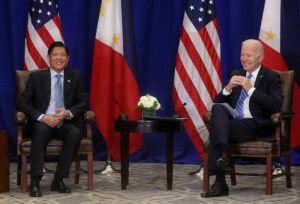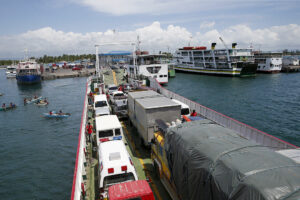More Filipinos opening bank deposit, e-money accounts

AN INCREASING number of Filipinos are opening bank deposit and e-money accounts, but improved financial literacy is needed to ensure they will not fall prey to investment scams and risky lending schemes, Bangko Sentral ng Pilipinas (BSP) Governor Benjamin E. Diokno said.
“The number of Basic Deposit Accounts opened in 2019 was only 4 million. As of the second quarter of 2021, we now have 7.4 million accounts with an aggregate amount of P 4.9 billion,” Mr. Diokno said during the opening of the Financial Education Stakeholders Expo on Monday.
Active e-money accounts surged by 93% to 34.7 million in 2020 from 17.9 million a year earlier, he added.
By 2023, the central bank hopes 70% of Filipino adults will have a formal transaction account.
“The volume of digital payments increased dramatically, from the 14% pre-pandemic level, to a little above 20% in 2020,” Mr. Diokno said. The BSP hopes to make the Philippines a cash-lite society by 2023 where 50% of payments are done online.
Filipinos’ financial behavior has changed during the pandemic.
“They are prioritizing saving, availing health and life insurance, and preparing for retirement to provide better financial opportunities for themselves and their families during and beyond the pandemic,” Mr. Diokno said.
However, Filipinos’ financial literacy lags behind other countries. Mr. Diokno cited a World Bank survey which showed Filipino adults could only answer three out of seven questions on financial literacy. He noted Filipinos scored low in inflation, interest computation, and simple division.
A BSP study in the fourth quarter last year showed one in 100 Filipinos have been a victim of investment scams, he said. Five in 10 Filipinos obtain loans from informal money lenders, while five in 10 still keep their savings at home.
“Many Filipinos are still delaying saving, mismanaging credit, bypassing legitimate investment opportunities, or falling victim to investment scams,” he said.
Against this backdrop, Mr. Diokno said financial education is crucial, which is why the BSP partnered with various stakeholders to reach out to more Filipinos.
The BSP’s financial education partners include the Armed Forces of the Philippines, Bureau of Fire Protection, Civil Service Commission, Commission on Higher Education, Department of Agriculture, Department of Education, Department of Social Welfare and Development, Department of Trade and Industry, Overseas Workers Welfare Administration, and the Philippine National Police.
One of the BSP’s strategies is to craft targeted financial education content for priority sectors including learners, teachers, civil servants, overseas Filipino workers, farmers, etc.
“Our key objectives include protecting financial consumers from various online threats and cyber risks, building trust in the digital finance ecosystem, and increasing uptake of digital financial services,” he said. — Luz Wendy T. Noble




